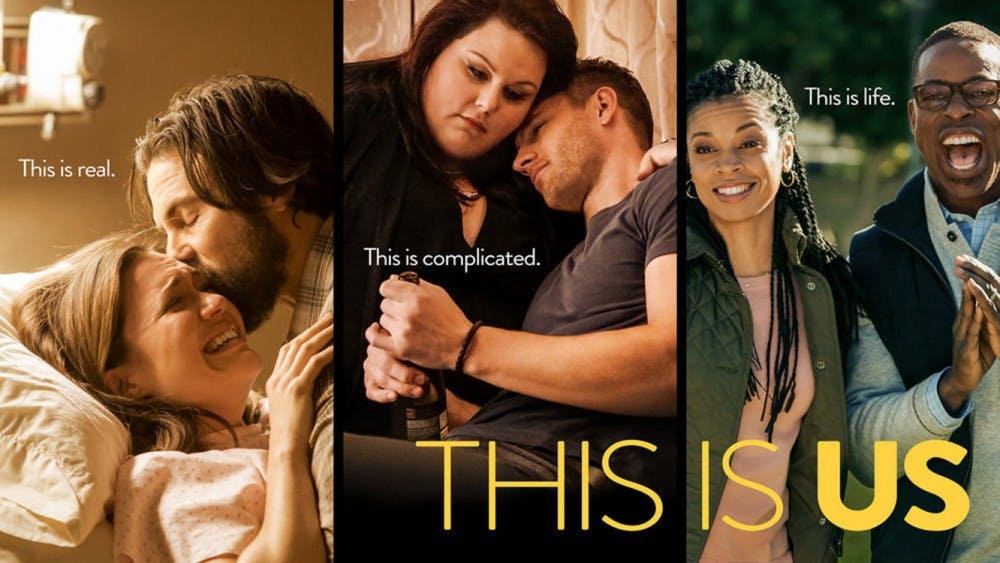Since its premiere back in September, NBC’s This Is Us has become one of the most popular shows on television. The show generated a tremendous amount of hype—mostly from teary fans still trying to catch their breath. Branded as the tender yet crushing feel–everything dramedy that you need in your life right now, This Is Us has played on this expectation of heart–wrenching sorrow. You're supposed to cry your eyes out when you watch—and not only are you going to love doing so, but you’re going to finish every episode begging for another beating. As a general fan of any show that can breathe life into my cynical, cold heart, I willingly subscribed to the pandemonium. I didn’t expect to be so disappointed.
*First, a little exposition. The show is mainly built around a gimmick that four of the main characters share the same birthday. (*Spoiler Alert*) The first is Jack (played by Milo Ventimiglia), whose wife (Mandy Moore) goes into labor with triplets on his thirty–sixth birthday. Crushingly, one of the triplets is delivered stillborn, with twins Kevin and Kate surviving happily and healthily. When a third baby is abandoned on the doorstep of a fire station and subsequently brought to the hospital on the same day, Jack Pearson and his wife, Rebecca, believe it to be an act of fate. They ultimately adopt the abandoned baby as their third child.
When we meet the third baby, Randall, in adulthood, he's just tracked down the biological father who abandoned him at a fire station, “probably because he couldn’t think of something more cliché.” While this show spends a great deal of energy concocting up plotlines that are shocking and melodramatic, this line about not being able to think of anything more cliché perfectly sums up the action that occurs between these inexplicably intertwined characters. This is Us is so saturated with cornball moments that it makes you nauseous, with the absolute worst example being the Pearson family mantra. It goes as follows:
Dad: "Deep breaths and... First came—"
Kid 1: "Me!"
Dad: "And Dad said--"
Kid 1: "Gee!"
Dad: "Then came--"
Kid 2: "Me!"
Dad: "And Mom said--"
Kid 2: "Wee!"
Dad: "And then came--"
Kid 3: "Me!"
Dad: "That's three!"
Then they all beat their chests and shamelessly chant: "Big three!" This might have been excusable if this practice didn't extend into the triplets' adulthood.
Creative decisions like this prevented the show from tapping into something great. Instead, the dialogue was kitschy and riddled with gimmicks that thwarted the show from becoming the realistic melodrama that it intended to be.
For something so focused on histrionics, most of the problems are bandaged up with cloying lines like: “How can I be sad when I have a daughter like you?” The family is portrayed to be idyllic and flawless, except none of the characters actually say anything meaningful or honest. When problems do arise that hint at legitimacy, nobody can actually respond in a substantive manner. It's basically a modern–day Full House, adapted to an audience that is no longer shocked or entertained by a child stealing from a candy shop. The drama has been ratcheted up to melodramatic proportions, and the sad symphonic music has been replaced with cheesy ukulele riffs (that are better left to YouTube tutorials).
Ultimately, I believe this show has been so successful because it does pack the hardest punch to the heart that it can muster. It is built for a modern audience that is impatient and looking to be affected as quickly and harshly as possible. However, the show falters when the writers overblow this desire, confusing emotional torture for good entertainment.

